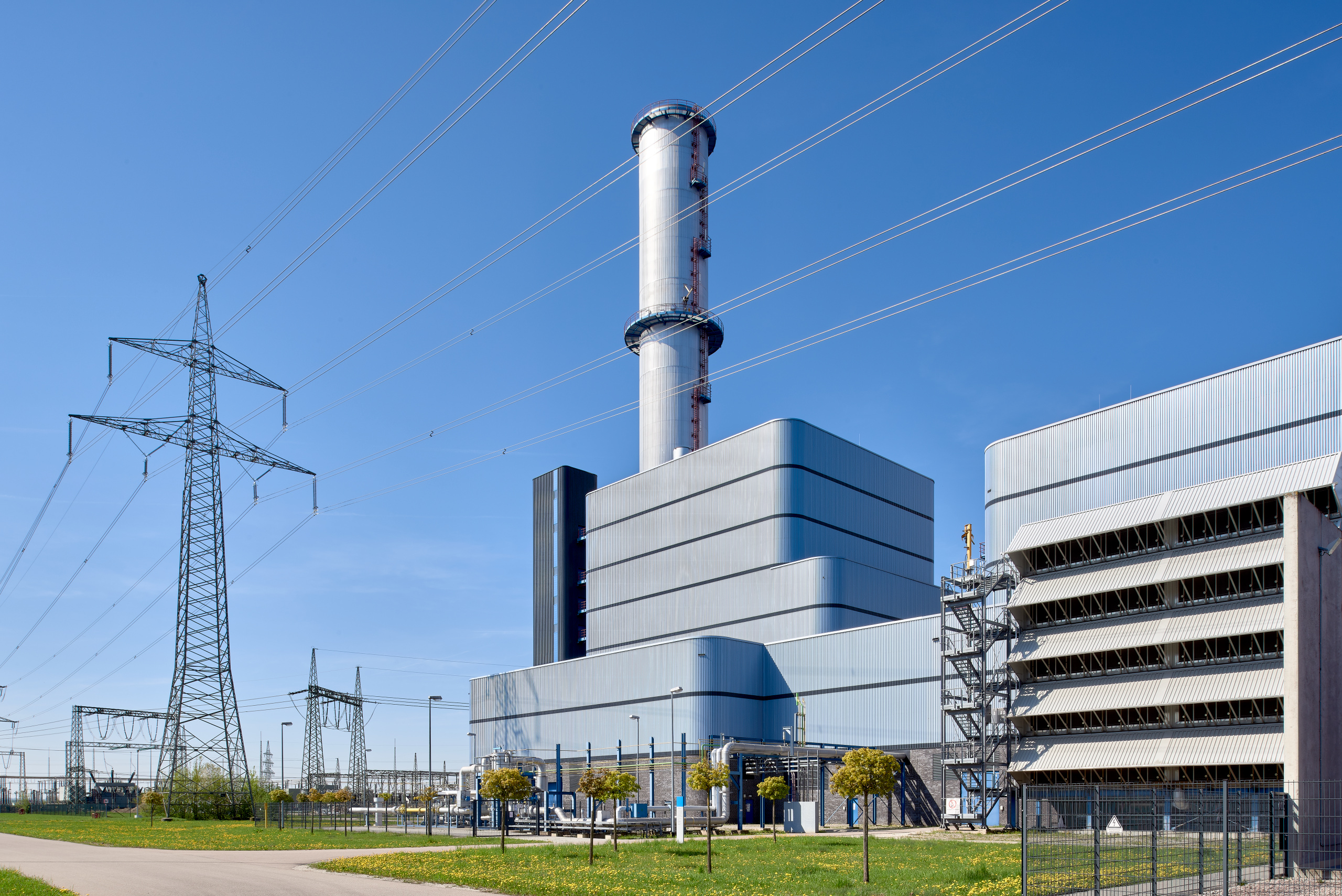Germany scales back plans for new gas-fired power plants
The German government plans to hold auctions next year for state support to build new gas-fired power plants with a combined capacity of 10 gigawatts by 2032 – a drastic reduction compared to earlier plans to build up to 20 GW by the turn of the decade.
“We want to ensure that Germany's electricity needs are met even when wind and sun are not available,” said chancellor Friedrich Merz at a press conference following a leadership meeting of the coalition parties. The government said that its plans for controllable capacity would be sufficient as reserve to overcome so-called dark doldrums (Dunkelflaute) – extended periods with little wind or sunshine.
Germany has worked on plans for state support for new gas power plants for years – often referred to as the power plant strategy – but negotiations with the European Commission, which needs to approve the state aid scheme, and the collapse of the former government have delayed the process. As Germany phases out coal power plants and increases the share of weather-dependent wind and solar energy, it needs additional capacity that can be switched on and off when needed – often called ‘controllable capacity’. This includes gas power plants, but also other options such as batteries. The government also plans to make better use of flexibilities in the system, for example by introducing incentives to move demand to periods of high renewables feed-in.
The current coalition initially agreed to build up to 20 GW of new gas power plants by 2030, but it has looked increasingly unlikely that the European Commission would allow this. The EU has strict conditions for member states which aim to provide state support, also in the energy sector. The European Commission had already given its approval for the previous government’s plans for 12.5 GW of controllable power, but the auctions were not started before the coalition collapsed. The new scheme required fresh negotiations.
Chancellor Merz said that the Commission had signalled it would give a green light for the plans soon.
A paper on agreements from the leadership meeting – shared by Table Media – showed that the government plans:
- Auctions in 2026 for a total of 10 GW controllable capacity to secure electricity supply, built in regions where they are needed most. Tenders for 8 GW would cover gas-fired power plants, the remaining 2 GW would be open to other technologies, including battery storage.
Until now, it had remained unclear whether the government would mandate that new gas power plants have to be ready to run on hydrogen, but the new agreement brings clarity. The gas power plants have to be “hydrogen ready,” said the document. Chancellor Merz confirmed that they “will be put out to tender in such a way that they are technically capable of using hydrogen and can be decarbonised in line with climate targets by 2045 at the latest, using any technology.” That means they could in theory be outfitted with carbon capture technology as well. However, it remains to be seen whether it makes economic sense to equip a plant with both technologies.
In addition to the first ten gigawatts of electricity capacity, the coalition agreed to:
- Hold auctions for at least 2 gigawatts of additional hydrogen-ready gas power plants in 2026 or 2027, which would be in operation by 2032 and would be required to switch to run on hydrogen “early”. These are meant to advance the phase-out of fossil fuels, and would receive temporary state support for operating costs for the switch to hydrogen.
- Set up auctions at short notice in 2029 for an unspecified capacity volume if needed to secure electricity supply. These would be open to all technologies, and include existing capacity, also in neighbouring countries.
- Go through with plans to set up a capacity market by 2027 to ensure supply security from 2032 beyond the earlier auctions.
Economy minister Katherina Reiche said the auctions will form the basis for a secure electricity supply and a competitive German industry. “This is an important first step towards the introduction of a comprehensive, technology-neutral capacity market, which will encourage the construction of additional power plants and other flexible capacities,” she added.
Energy sector legal experts have said that due to the lengthy process, first auctions are unlikely to start before late 2026.
Holger Lösch, deputy managing director of industry association BDI, welcomed the focus on the power plant strategy. “To ensure long-term competitiveness, a reliable electricity supply is needed,” he said. “This requires quick decisions to be made about the future power plant fleet.”
Energy industry association BDEW said the coalition agreement is “a positive sign for greater security of supply.” The group welcomed the decision to provide state support for the operating costs for the switch to hydrogen for parts of the plants. “Especially in the early stages of hydrogen ramp-up, instruments such as CfDs [contracts for difference] are needed to close the existing gap between production costs and willingness to pay and to actually trigger investments,” said BDEW head Kerstin Andreae. She called on the government to rapidly introduce necessary regulation drafts.
NGO Environmental Action Germany (DUH) criticised the focus on gas-fired power plants for the largest part of the auctions for state support, which means that “battery storages have no chance.”

